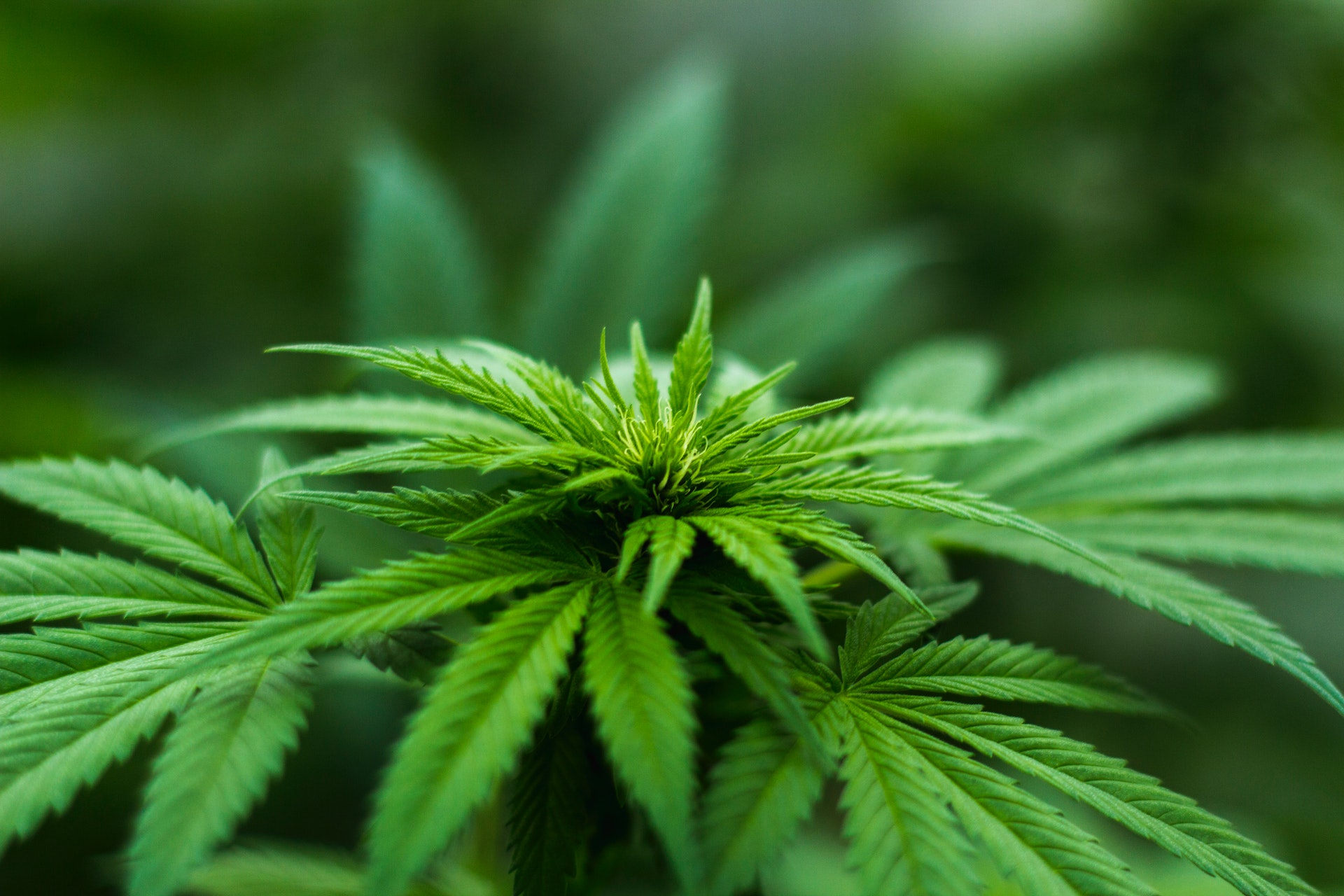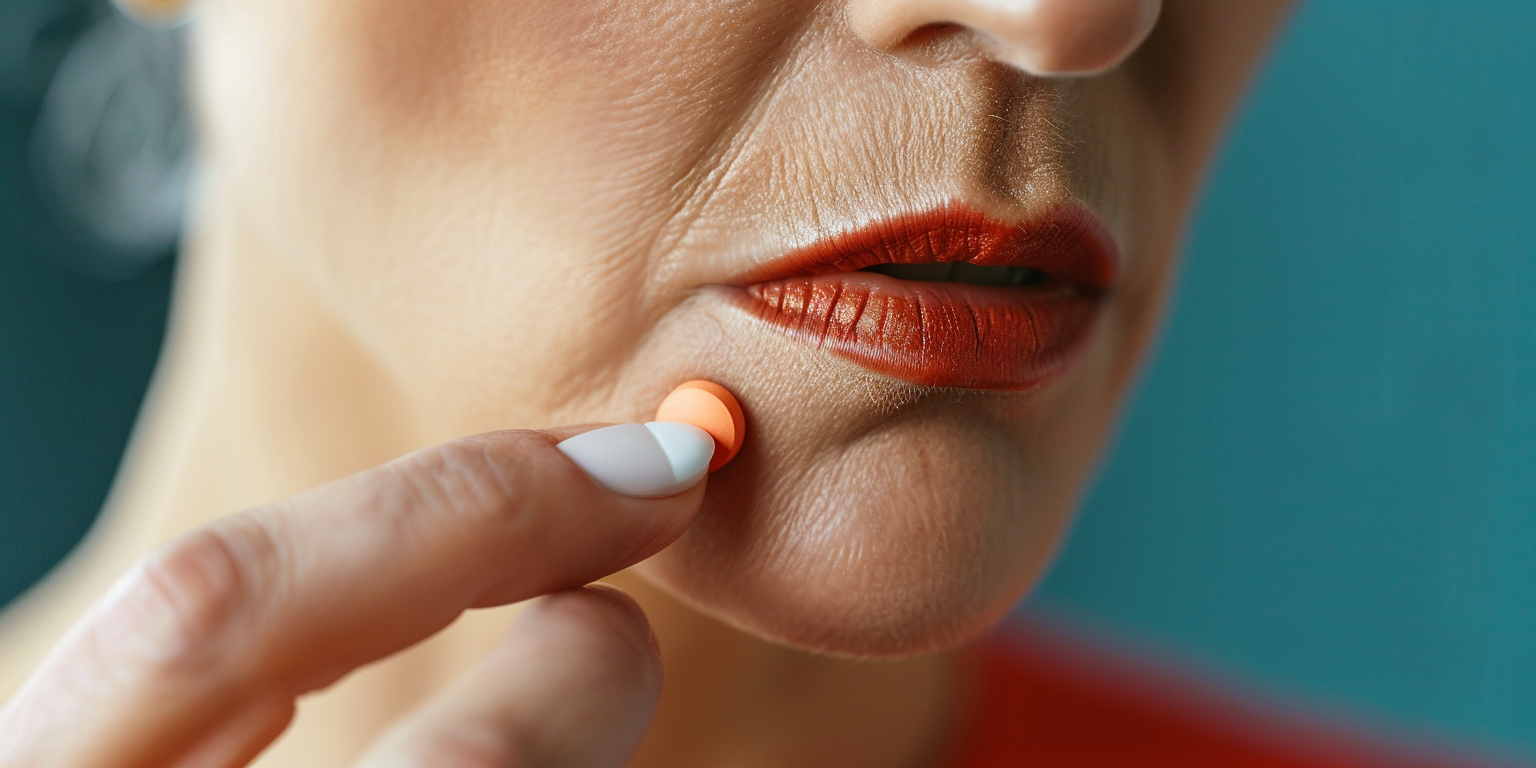As the popularity of CBD and Delta 8 THC continues to rise, many people are curious about the differences between the two. While both are cannabinoids, they have distinct chemical properties and effects on the body. Here, we will take a closer look at the differences between CBD and Delta 8 THC.
What is CBD?
Cannabidiol, or CBD, is a non-intoxicating cannabinoid in the hemp plant. Unlike THC, CBD does not produce a high, making it an attractive option for those who want the potential benefits of cannabis without the psychoactive effects. CBD interacts with the body’s endocannabinoid system, which regulates many physiological and cognitive processes, including pain sensation, mood, appetite, and sleep.
What is Delta 8 THC?
Delta 8 THC, or delta-8-tetrahydrocannabinol, is a minor cannabinoid in the cannabis plant. Delta 8 THC is similar to the more well-known delta 9 THC, the primary psychoactive compound in cannabis. However, delta 8 THC is less potent than delta 9 THC and produces a milder, more subtle high.
Chemical Structure and Effects on the Body
CBD and Delta 8 THC have different chemical structures, which accounts for their distinct effects on the body. CBD has a molecular structure similar to THC but with slight differences that prevent it from binding with the CB1 receptors in the brain, which are responsible for the psychoactive effects of THC.
Delta 8 THC has a similar chemical structure to delta 9 THC but with a slight difference in the placement of a double bond in its molecular structure. This difference affects how the cannabinoid binds to the CB1 receptors in the brain, resulting in a less intense high than delta-9 THC.
Potential Health Benefits
CBD and Delta 8 THC have different potential health benefits, although research into the therapeutic effects of Delta 8 THC is still limited.
CBD has the potential to be used in treating various conditions, including anxiety, depression, pain, and inflammation. CBD is believed to interact with the body’s endocannabinoid system to regulate multiple physiological processes.
Delta 8 THC has potential therapeutic benefits, although research into its effects is still limited. Some studies suggest that Delta 8 THC may have anti-inflammatory, analgesic, and neuroprotective properties, making it potentially helpful in treating conditions such as chronic pain and neurodegenerative diseases.
Possible Side Effects
CBD and Delta 8 THC are generally considered safe and well-tolerated, but they may cause side effects in some people.
CBD is generally well-tolerated, with few reported side effects. However, some people may experience mild side effects, such as dry mouth, drowsiness, and changes in appetite or mood.
Delta 8 THC may cause side effects, including dry mouth, red eyes, dizziness, and impaired motor coordination. Some people may also experience anxiety or paranoia, particularly at higher doses.
While CBD and Delta 8 THC are cannabinoids, they have distinct chemical properties and effects on the body. If you are looking for high-quality CBD or Delta 8 THC products, check with your healthcare provider to see which option is the best one for you. As with any cannabis product, it is also important to be aware of the potential side effects and to use delta-8 THC products responsibly.


